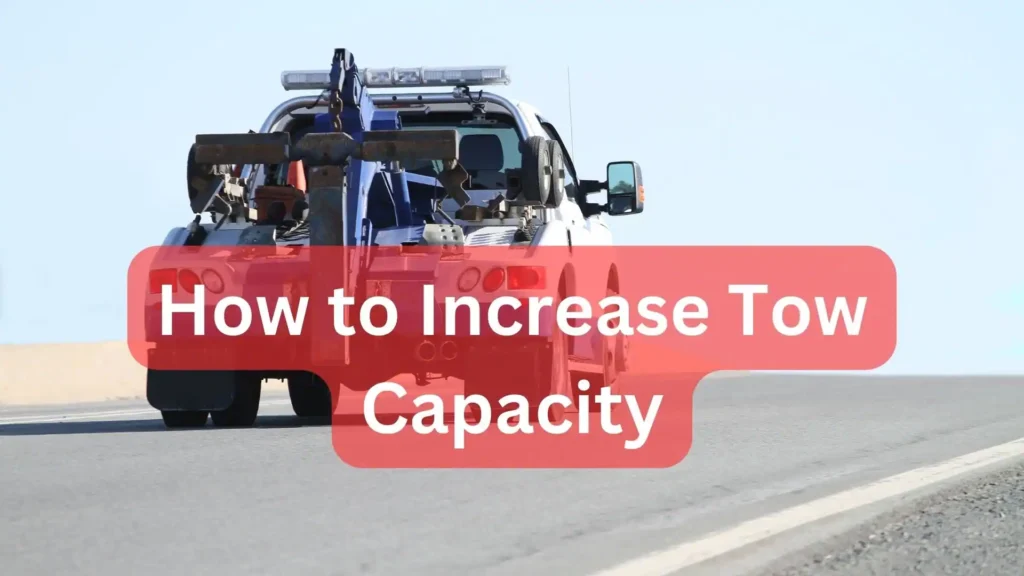
Joseph Morris
I am the dedicated owner of 777 Towing, a trusted name in the automotive rescue industry. With a passion for helping people in distress, he leads a team committed to providing prompt and reliable towing services. Joseph’s expertise ensures peace of mind for motorists in their time of need.


 ICONIER Digital Agency
ICONIER Digital Agency